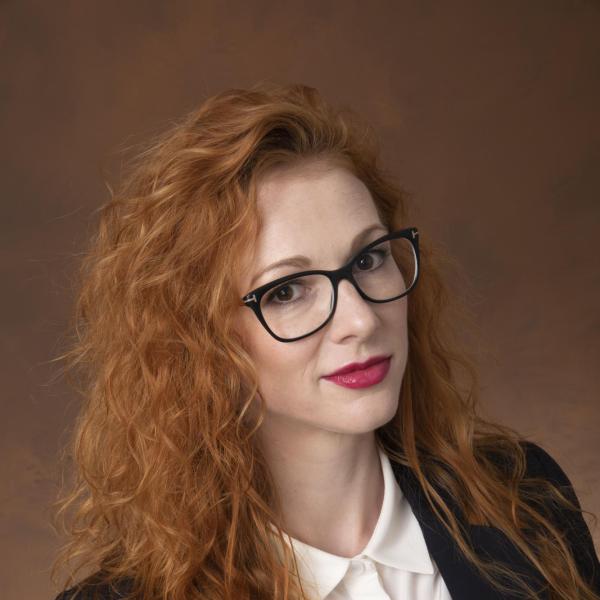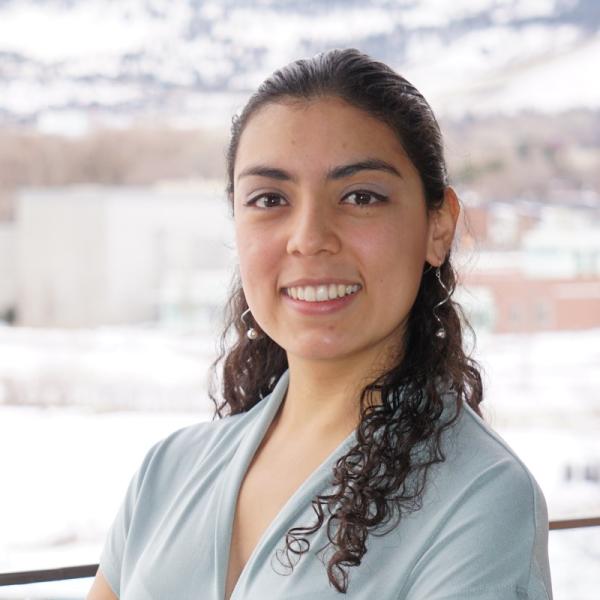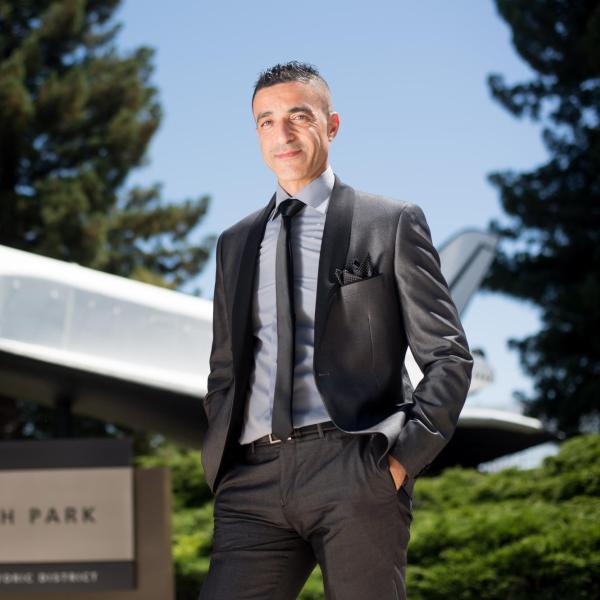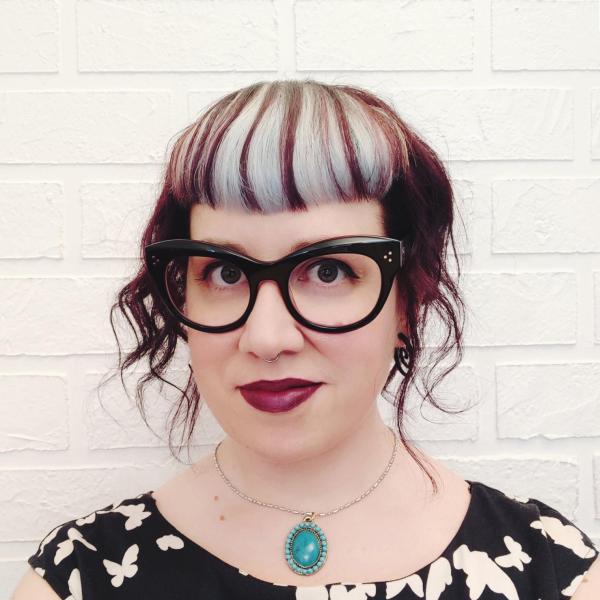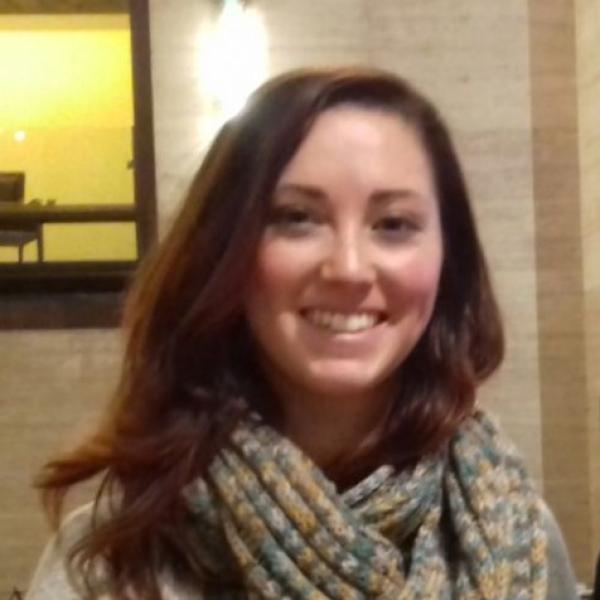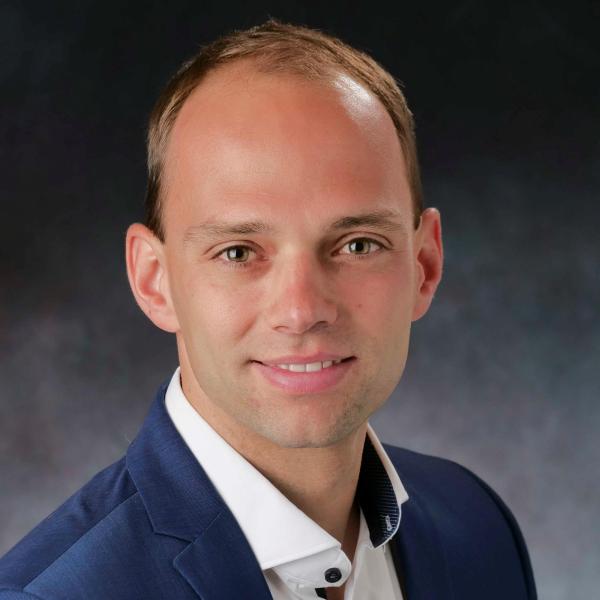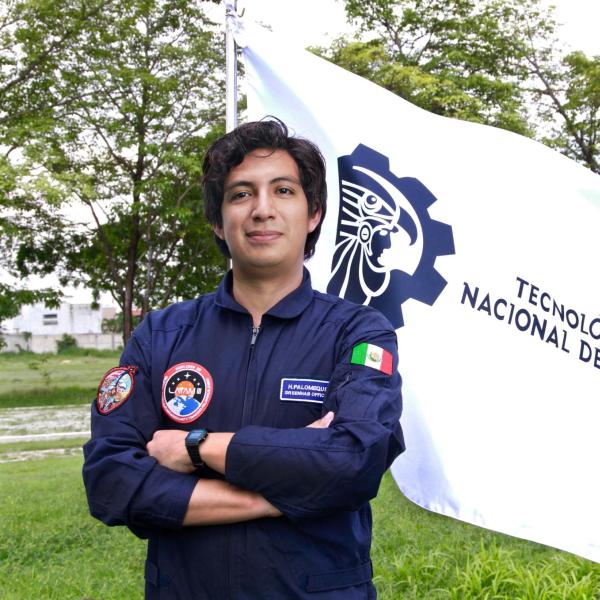Team
Mentors
Planetary Protection Scientist at NASA JPL and Chief Scientist at Star Harbor
Dr. Adriana Blachowicz is studying fungal adaptive responses to space environment using multiomic approach. She orchestrated a fungal test campaign involving sending experiments to the International Space Station (ISS). As Planetary Protection Scientist at NASA Jet Propulsion Laboratory, she is responsible for preventing forward (other celestial bodies) and backward (Earth) microbial contamination during robotic missions to Mars and other bodies. More recently, she has joined a space startup – Star Harbor – as Chief Scientist to create and execute their R&D architecture, with the objective to reduce the costs and barriers for customers willing to run experiments in orbit or on parabolic flights.
Expertise: Planetary protection, mycology, microbiology, space biology, secondary metabolites
Space Biofilms experiment Co-I, University of Colorado Boulder
Pamela Flores obtained a Ph.D. in Molecular, Cellular and Developmental Biology at the University of Colorado Boulder (2022) and a B.S. in Biochemistry and Microbiology from Universidad del Valle de Guatemala (UVG, 2017). Worked at the Center for Biotechnology Studies (CEB-UVG) and at the Centers for Disease Control and Prevention (CDC, Atlanta, GA), silencing mosquito genes to control Malaria transmission in rural areas of Guatemala. She worked with biologically compatible nanoparticles at Institut des Sciences Moléculaires d'Orsay (ISMO), Paris, France. Currently, she is the Co—I of the Space Biofilms project where her focus is on space microbiology and publishing results from the project. She is moving into industry research with medical applications for both Earth and Space.
Expertise: space microbiology, microscopy, transcriptomics, molecular biology.
Senior Research Scientist, Blue Marble Space Institute for Science, Exobiology Branch, NASA Ames Research Center; Space Research Within Reach, San Francisco
My research interests encompass several areas of study that seek to understand how life adapts and could strive in space to sustain human spaceflight and space exploration. These activities are based on a systemic approach of biological systems to characterize specific biomarkers and develop suitable countermeasures. Furthermore, my past experience as the Space Biology Non-Rodent Portfolio Lead Scientist and also a project scientist in space biology and human-related space projects successfully implemented aboard the ISS will provide a unique perspective to the workshop attendees.
Expertise: Astrobiology, Planetary Protection, Space Biology, Human Health and Performance, Space Radiation, Space Technologies, Space Projects and Missions, Human Spaceflight, Space Exploration
Associate Professor, Muséum National d'Histoire National (MNHN), Paris, France
After receiving scientific training in microbiology, molecular biology/biochemistry, and space sciences in Canada, the USA, and France, Dr Adrienne Kish established her lab at the MNHN in Paris, France. Her work, together with the talented group of early career researchers she mentors, focuses on understanding at the molecular level how certain microorganisms are able to thrive in environments inhospitable to humans. By working with microorganisms from different types of 'extreme' environments, they seek to understand what extremophiles have in common, what are the limits of life, why such limits exist, and how the conditions found on other planets could affect microbial life as we know it.
Expertise: extremophile microbiology, exobiology
Research Fellow, UK Centre for Astrobiology, University of Edinburgh
Rosa Santomartino is the principal investigator of the Space Microbiology group and co-director of the UK Centre for Astrobiology at the University of Edinburgh. Her major research interest lies in understanding how to harness the power of microorganisms for the development of sustainable biotechnologies for space exploration, and how these could help tackle environmental issues on Earth. She performed two space microbiology experiments onboard the International Space Station, BioRock (2019) and BioAsteroid (2021), which provided the first demonstration of biomining on a space station. @RosaBiorosa
Expertise: space microbiology, space sustainability, plastic degradation, biomining, astrobiology.
Ph.D. Candidate German Aerospace Center (DLR)
Katharina Siems is a PhD student in the Research Group for Aerospace Microbiology at the German Aerospace Center DLR. In her research, she studies biofilm formation of human-associated bacteria under spaceflight conditions. Her focus is on the stress response of Staphylococcus capitis to space-relevant conditions and how to use this knowledge to ensure the health of astronauts during long-term missions. In the course of this, Katharina Siems is a leading scientist in the ESA spaceflight project BIOFILMS, which is testing innovative antimicrobial surfaces as mitigation strategy against microbial biofilms.
Expertise: microbiology, biofilm formation, microscopy, Staphylococci, antimicrobial surfaces, microbial spaceflight experiments
Organizing Team
Junior Researcher at German Aerospace Center (DLR)
Marta holds a Ph.D. in Space Microbiology from the German Aerospace Center (DLR), Cologne, Germany and a Masters’ degree in Molecular and Cellular Biology from the University of Porto (FCUP), Portugal. As a Junior Researcher, Marta’s research focuses on fungal biotechnology for In Situ Resource Utilization (ISRU) in space exploration (spacecraft, Moon or Mars habitats). Active projects include: fungal adaptation to different gravitational regimes; fungal spore resistance to space radiation; fungal biomining of Lunar regolith; and shielding potential of fungal melanins. Marta is passionate about astrobiology and space microbiology, and loves to communicate science. @MartaCortesao @SpaceMicrobes
Expertise: fungal biotechnology, ISRU, space microbiology, radiation, microgravity, space biotechnology
Assistant Research Professor BioServe/University of Colorado Boulder
Dr. Tobias Niederwieser is an Assistant Research Professor at BioServe Space Technologies within the University of Colorado Boulder where he is PI on several in space production flight experiments. In addition he helps to design, build, and test payloads for scientific research on platforms such as ISS (12 missions), Cygnus (2 missions), as well as Orion (Artemis-1). Tobias earned his PhD on evaluating bioregenerative life support system technologies using green algae for air revitalization, wastewater recycling, and food production in spacecraft. Previously, Tobias earned his Bachelor’s degree in aerospace engineering from the Technical University Munich, Germany in 2013, his Master’s degree from the University of Colorado Boulder in 2015, and attended the International Space University Space Studies Program in 2016 in Haifa, Israel.
Expertise: bioastronautics, space life science research facilities, life support systems
Ph.D. Candidate German Aerospace Center (DLR)
Hector is currently pursuing his PhD thesis at the German Aerospace Center (DLR) in Cologne. He holds a Master's degree in Biochemical Engineering Sciences from the Tecnologico Nacional de Mexico (TecNM-ITTG). Hector has participated in research projects that aim to explore microbial diversity in different environments, including soil, polluted areas, and extreme locations. As an engineer, he often employs systematic methods for Design of Experiments to address laboratory problems. Hector is primarily interested in utilizing microbial characteristics to create biotechnology processes and products that are suitable for both terrestrial and space applications. He is enthusiastic about Astrobiology and actively participates in science communication.
Expertise: extremophiles, microbial ecology, biotechnology, bioprocesses, radiation, anaerobic cultures, archaea, agrobiotechnology


